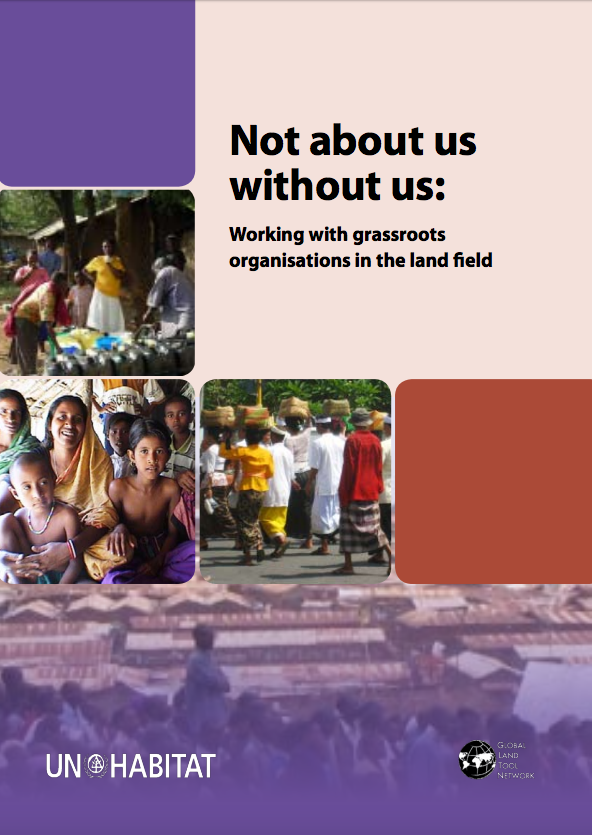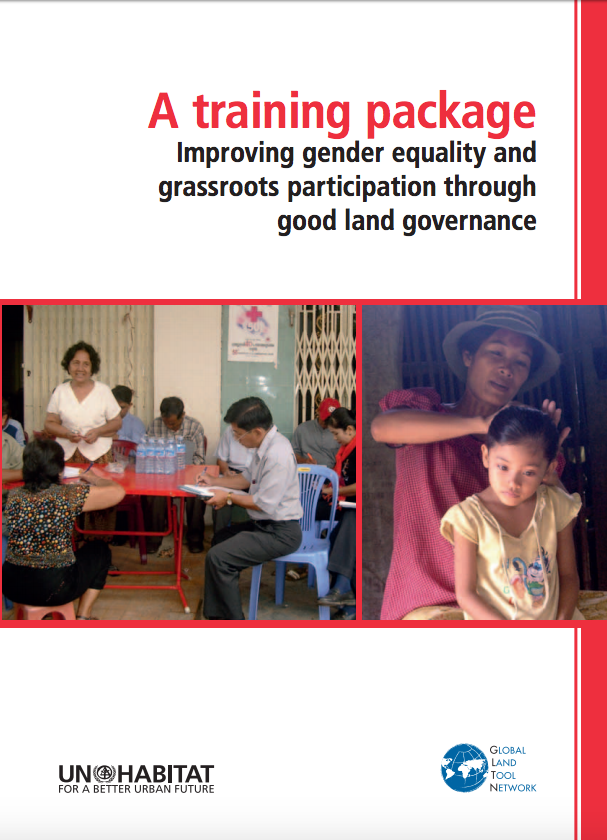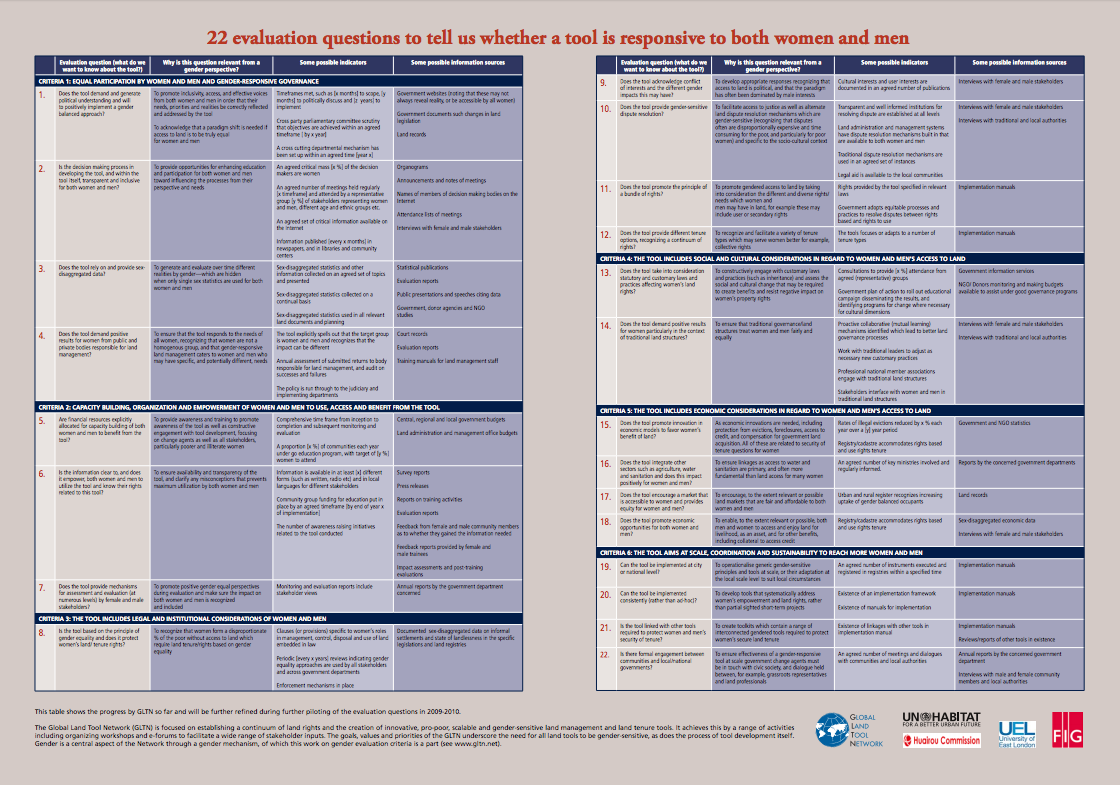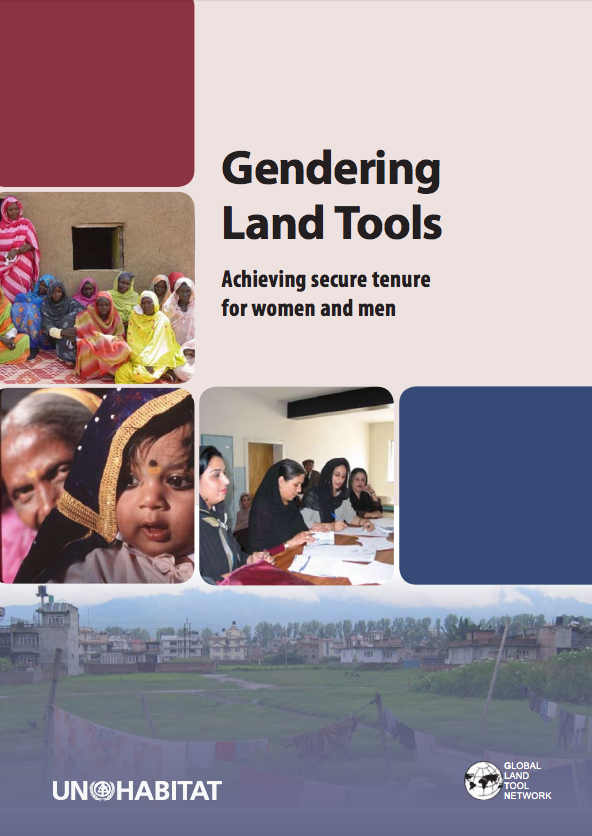Land and Urban Policies for Poverty Reduction : Proceedings of the Third International Urban Research Symposium Held in Brasilia, April 2005, Volume 2
The first paper of this section
(Durand-Laserve) documents how increasing pressures on urban
land and the 'commodification' of shelter and
settlement has increased 'market evictions' of
families holding intermediate tide to property, although
international declarations and pressures have contributed to
reducing 'forced evictions.' The second paper
(Mooya and Cloete) uses the tools of the New Institutional







